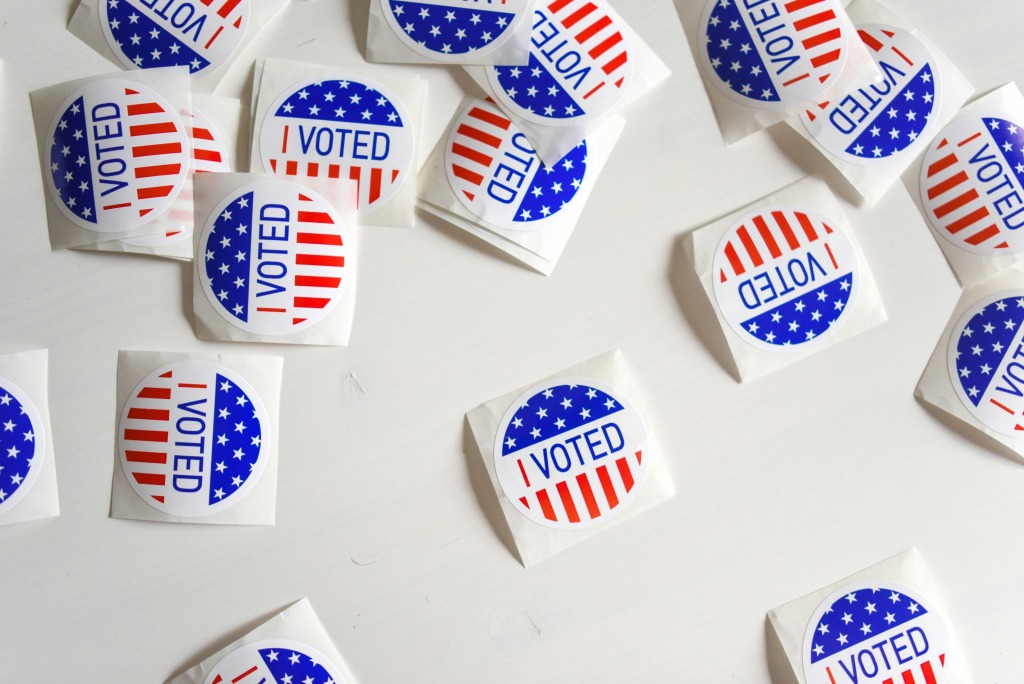Part of being in college is learning how to become an adult, and part of becoming an adult means voting when elections roll around — not just for presidents, but also for state and local elections.
Voting is an important aspect of being a citizen of the United States. Having the freedom to select a leader from among your fellow citizens is a privilege and a blessing. As college students continue reframing the picture for the future of America, it is vital for Generation Z to start putting more effort into voting.
One reason I see students neglecting to vote is because it is easy to get caught up in life and put more focus into other things. This practice should not become the norm. Your vote could be what determines who leads our state, town or country.
The practice of college students participating in elections is on a downward trend. Tufts University’s Institute for Democracy & Higher Education conducted a study on the percentage of college voters during the 2016 presidential election. Through the study, researchers deduced that 48% of students voted compared to a 61% national average for all American citizens eligible to vote.
Also, the Pew Research Center did a study comparing the voter turnout in the 2020 and 2024 presidential elections.
“Young adults were a larger share of nonvoters in 2024 than in 2020 (30% vs. 25%),” researchers at Pew Research Center said. “Age has long been a reliable predictor of turnout. Citizens under age 30 constituted only 15% of all voters in 2024, considerably below their share of the age-eligible population (20%).”
While these statistics are only for presidential campaigns, the underlying issue will only spread into other political races if this trend continues.
The University of Tennessee Chattanooga further echoed this truth on its webpage: “The right to vote is a bedrock principle in a democracy and electoral participation is an essential civic duty. While many governments around the world deny citizens the power to elect their leaders, the American system provides one the opportunity to select their political representatives — the sign of democratic legitimacy.”
If you do not put effort into studying political campaigns and voting for the candidate you want, then you should not be upset when a politician you dislike steps into office.
Another reason that students may not want to vote is because they may think their opinion does not matter. It does — and Paul summarizes this key principle in 1 Timothy 4:12: “Let no one despise you for your youth, but set the believers an example in speech, in conduct, in love, in faith, in purity.”
While he isn’t necessarily talking about being bold in terms of elections, the same principle can be applied for voicing your opinions on the voting ballot.
I believe that we need to make voting a normal thing among students if we want to see this country flourish. Even students outside their home state can vote. If you live outside of Virgina, you can still vote locally as long as you attend a university within the state and have a local address.
“Registering to vote locally allows you to have a direct impact in choosing who will represent you in local, state, and federal office during your time in Virginia,” according to Liberty University’s voting registration website.
While this year may not be the flashy presidential election, having a say in who enters a political office plays a vital role in shaping the political landscape.
Along with the governor’s race, the Virginia Department of Elections also lists several upcoming elections for open seats next month: Attorney General, Virgina House of Delegates and local offices. The website also includes ways to register, making voting a simple task.
America needs the right people in office, and it is up to you to decide who.
Warden is the opinion editor for the Liberty Champion.
